the film “Paternal” questions the way of life of priests
Overnight, Father Simon discovers he is the father of an 11-year-old boy. In “Paternal”, director Ronan Tronchot questions with modesty and nuance the way of life of priests. Based on this very unique situation, here are 4 avenues for reflection to feed your questions.
1. The Gregorian reform
In the first centuries of Christianity, priests could be married and fathers of families. In the 11th century, at the time of the Gregorian reform, marriage and cohabitation were gradually prohibited within the Western Church. “The reformers then wanted to free the Church from the influence of secular lords and first assert the authority of the bishop,” explains Daniel Moulinet, professor of religious history at the faculty of theology at the Catholic University of Lyon, author of a History of religious life.
Celibacy constitutes a means of weakening the influence of the powerful existing priestly dynasties: “It was thus a question of preventing an ecclesiastical benefit from passing from the father to his son, this mode of transmission short-circuiting the authority of the “bishop,” continues the specialist. “The bishops will remove a certain number of parishes from the authority of lay “patrons” to entrust them to monastic orders, especially Benedictines.
As a result, a form of “contamination” by the monastic model extends to the secular priest. Which goes in the direction of imposing the obligation of celibacy. » Closer to us, in the 20th century, popes, from Paul VI to Francis, defended priestly celibacy, a precious gift for the Latin Church in which only widowed fathers of families can be ordained.
2. Christian Churches and authorship
At a key moment in the film, Aloé calls out to Simon: “Why, when everyone calls you my father, can I not call you Dad?” » The use of the word “Father” is common to the Roman Church and the Eastern churches. “It refers to the spiritual paternity of the priest who generates new life in Christ, in particular by delivering the sacrament of baptism,” specifies historian Daniel Moulinet, priest in the diocese of Moulins. Heirs of the Reformation movement, the Protestant and Anglican branches authorized the marriage of pastors and ministers of religion.
3. Priest and father at the same time: incompatible responsibilities?
In Paternal , Father Simon expresses the wish to remain a priest while assuming his unwanted fatherhood. His hierarchy is doubtful – if not opposed – to his request. How will he be able to arbitrate the day when an emergency arises for his son and a call at the other end of his parish? sends his bishop back to him.
The film echoes the line of conduct established by Rome following revelations of cases of priestly paternity. Cardinal Beniamino Stella, prefect of the Congregation for the Clergy, explained this in 2019: “A situation of this kind is considered irreversible and requires that the priest abandon the clerical state even if he considers himself fit for ministry. . (…) The responsibility of parents creates a series of permanent obligations which, in the legislation of the Church, are not compatible with the exercise of the priestly ministry” (interview published in the Osservatore Romanothe Vatican news daily).
4. The vocation of priest seen in the cinema
“In French cinema, there are fictions about celibacy or the solitude of priests, even if there is nothing about paternity,” explains Ronan Tronchot. Certain films have made landmarks by focusing on the figures of priests for whom having “charge of souls” is synonymous with deep commitment and total dedication.
Thus, in 1961, the filmmaker Jean-Pierre Melville brought to the screen Léon Morin, priest (photo below), novel by Béatrix Beck. The film recounts the meeting, during the Occupation, between a priest (Jean-Paul Belmondo) and a young agnostic widow (Emmanuelle Riva), weaving a spiritual dialogue with romantic overtones.
In 2017, director Nicolas Boukhrief took on the character in The confession (with Romain Duris in the title role).
Another film inspired by a literary work, Under Satan's sun (pictured below), released in 1987, features a priest prey to moral solitude and tormented by the impiety of certain parishioners. Maurice Pialat, its director, borrows the powerful figure of the young Abbot Donissan (Gérard Depar-dieu), tortured by spiritual doubt, from the novel by Georges Bernanos, a Catholic author who reinvented the Christian novel.







